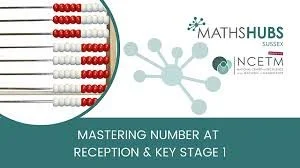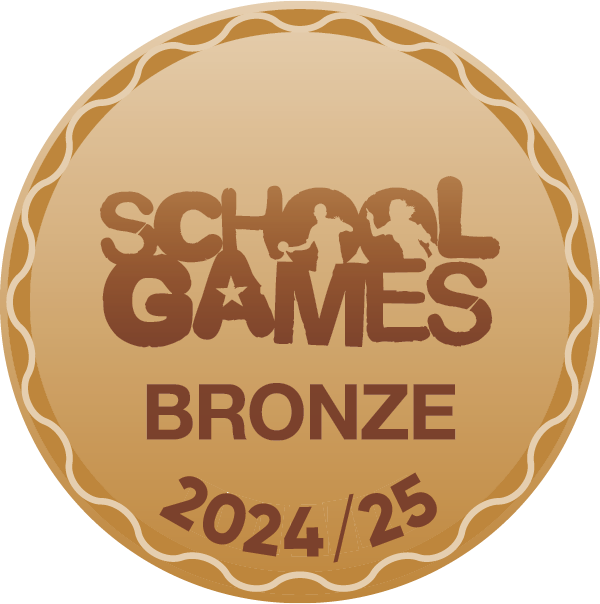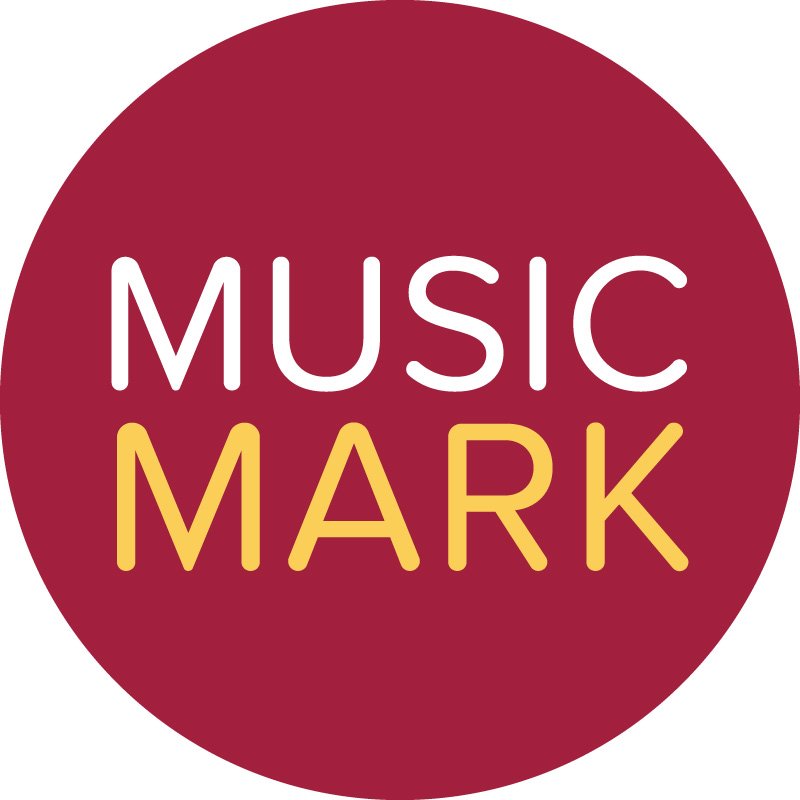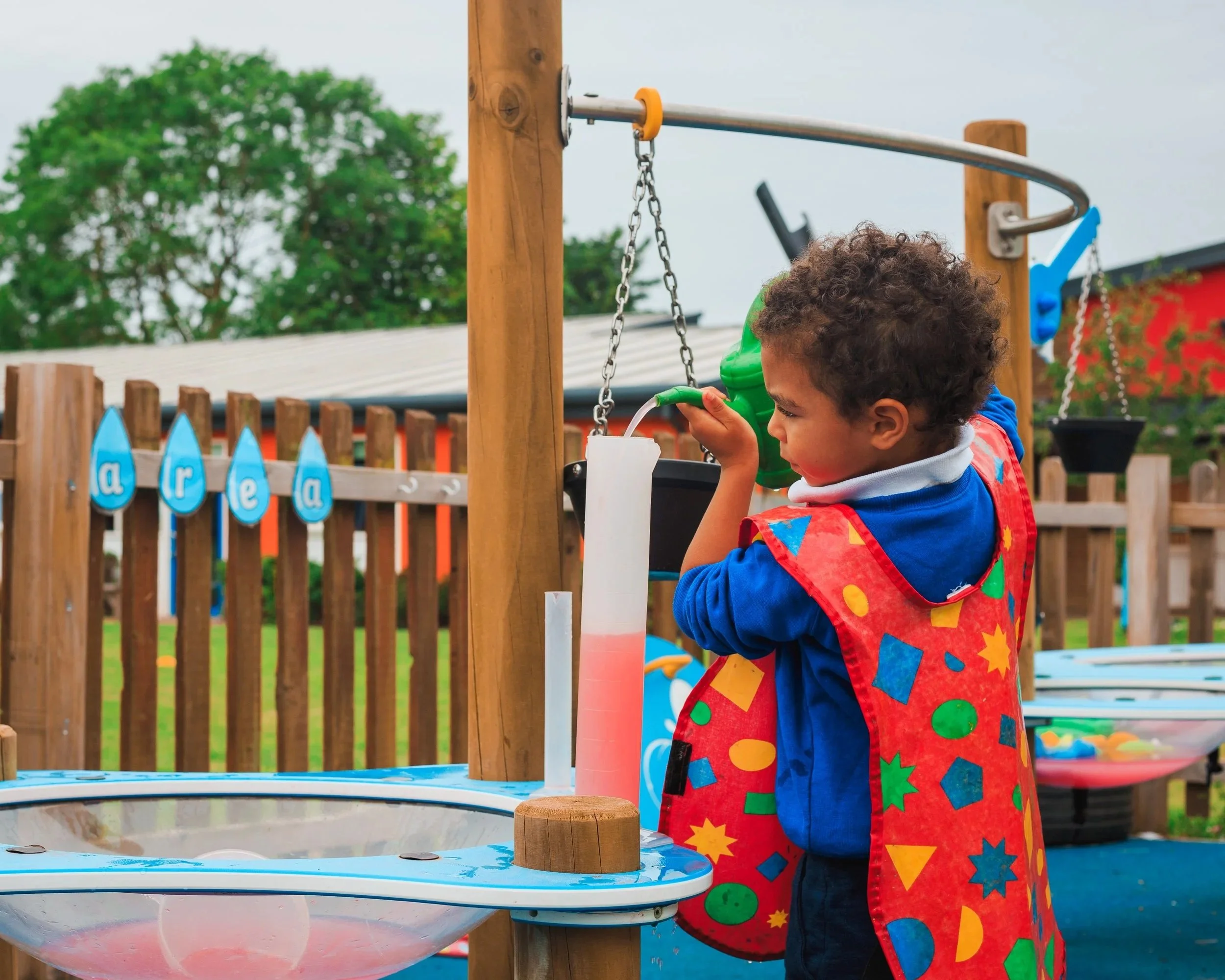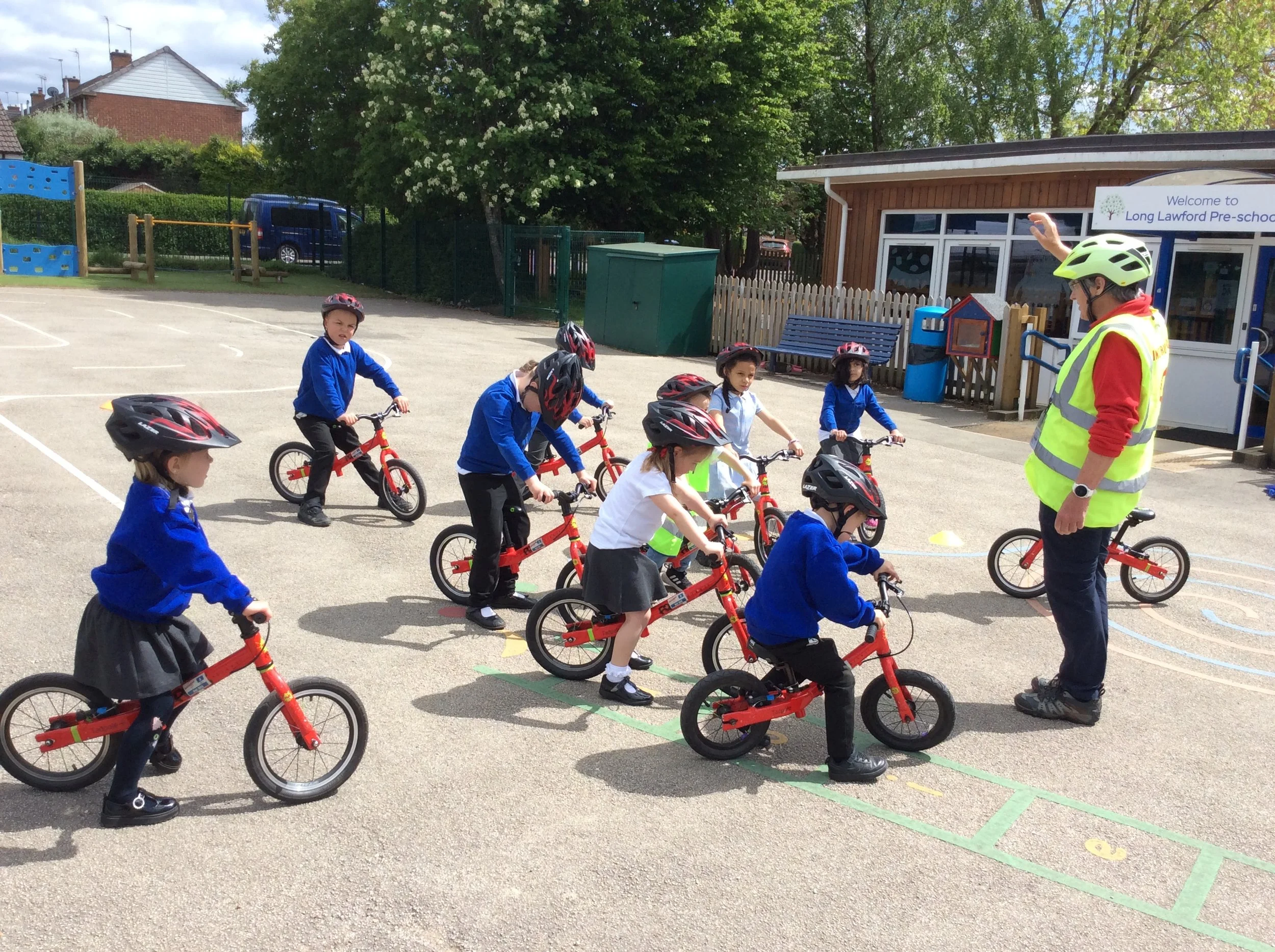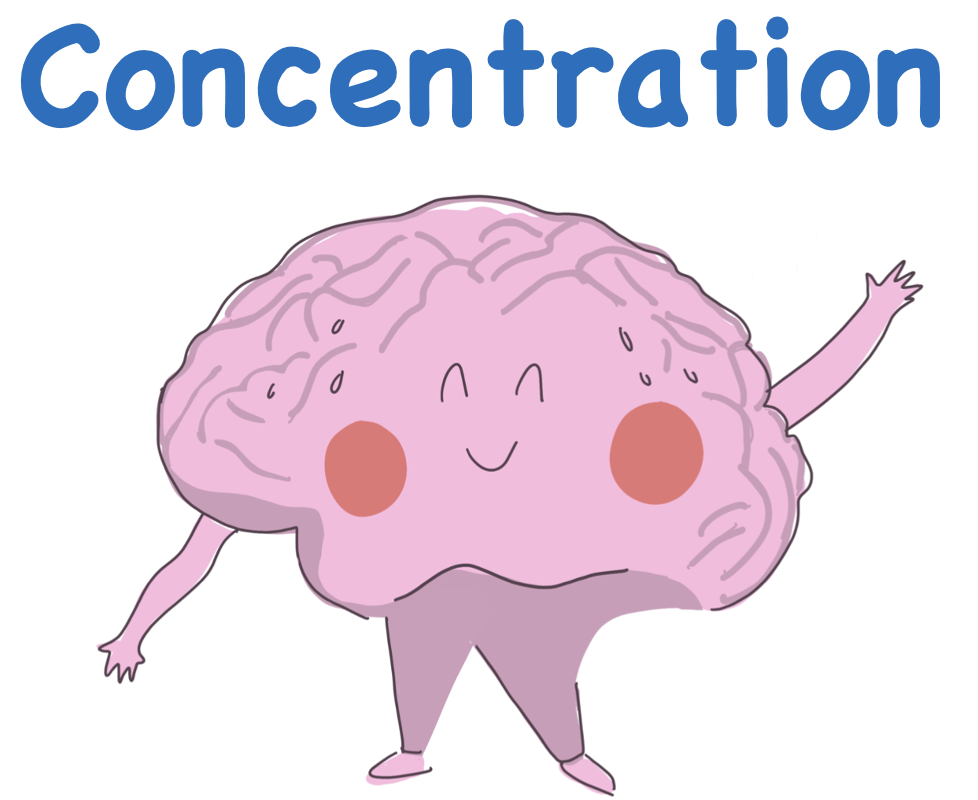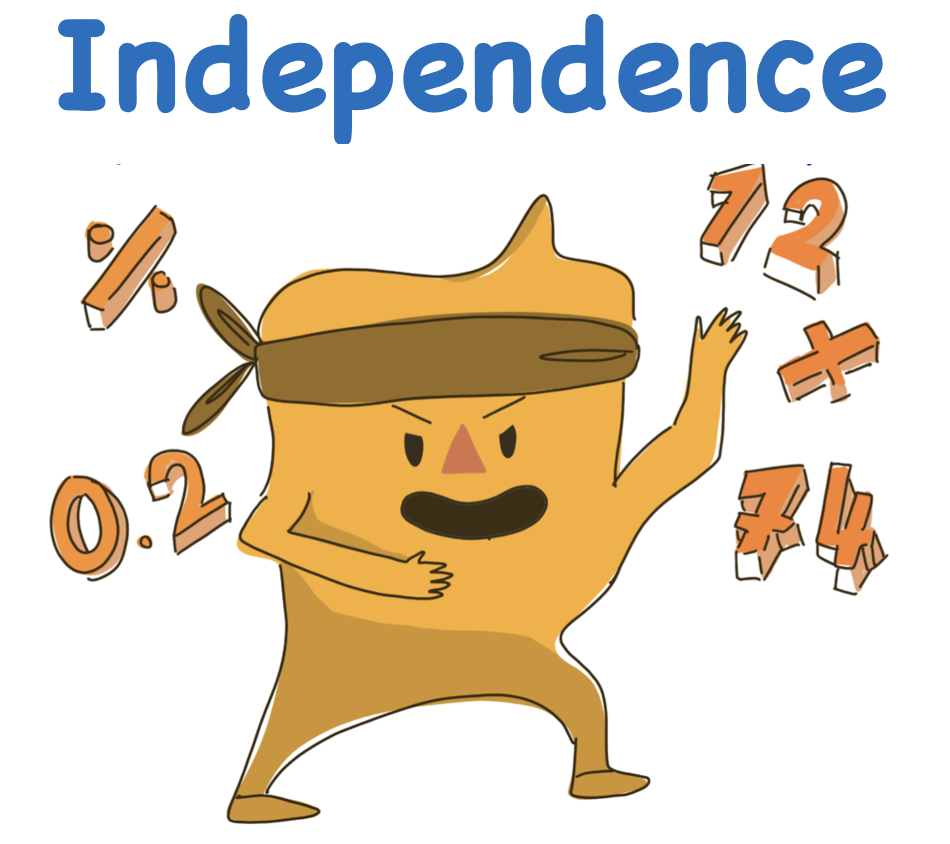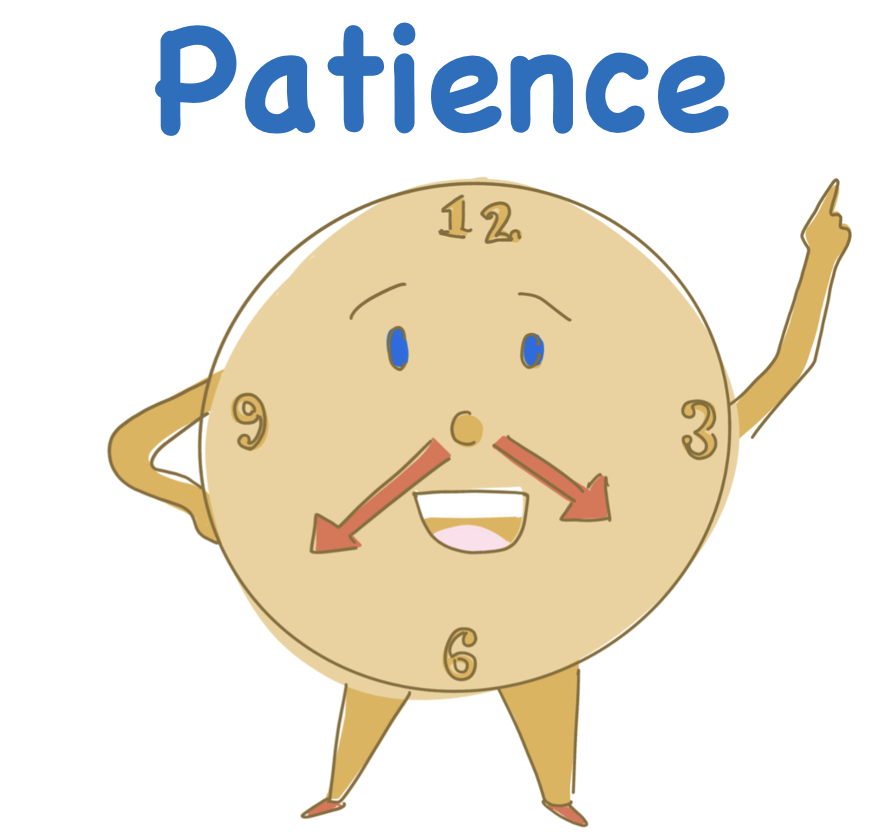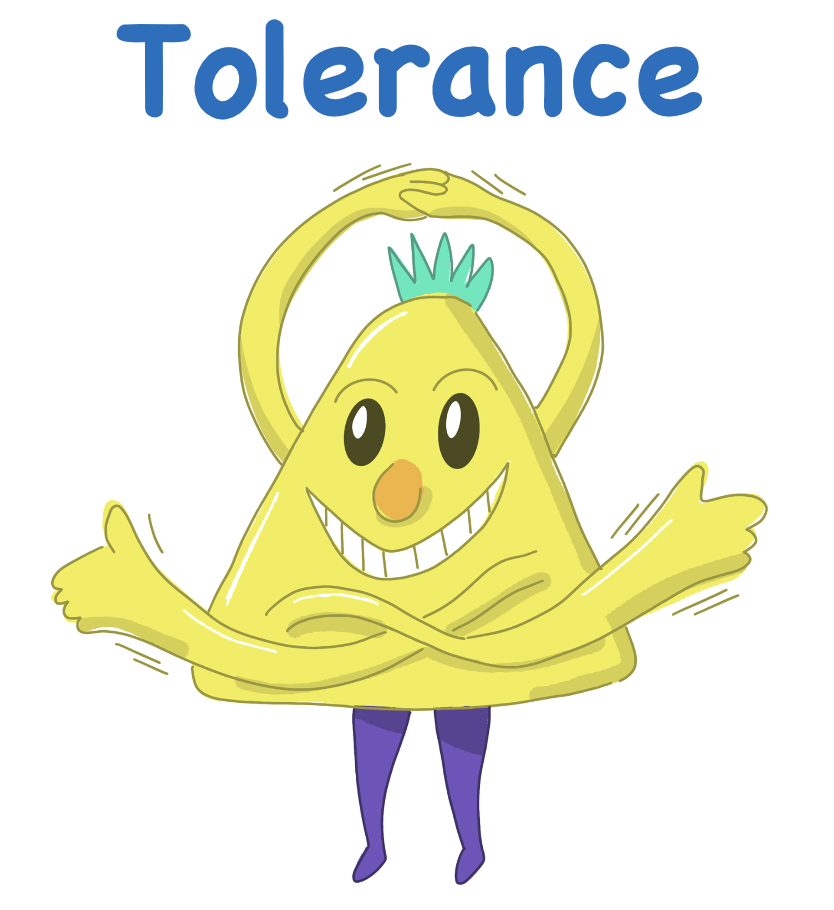Curriculum
Our school's curriculum is organised in order to promote learning, and personal growth and development. It includes not only the formal requirements of the National Curriculum 2014, but also the various extra-curricular activities that the school organises in order to enrich the children's experience. We provide a rich, broad, balanced, and creative curriculum. Our curriculum gives Long Lawford a distinct identity and ethos, reflecting our values, our place within the local community and an awareness of the wider world in which we live. Above all, we aim to make our curriculum a hugely rich experience for all our pupils, laying the foundations for all children to Love, Learn, Persevere and Succeed.
If you would like to know more, you can click onto all of the different subject tabs below, look at the Long Term Plans below, or book an appointment to speak with your child’s class teacher - we are happy to share what we teach and how we teach it.
Schemes we use to enhance our curriculum
Curriculum awards we’ve achieved
Early Years Foundation Stage Profile
When your child starts pre-school, staff will informally monitor your child’s development and keep detailed records. This information is shared with families and either transferred to the reception class or to the child’s new school (for the start of reception).
Children, upon entry to Reception, will be assessed via the Reception Baseline Assessment.
Your child will continue to be assessed throughout reception class where staff will add information to an assessment profile for each individual. Insights will be shared at two parent/carer consultation meetings, but you can book additional meetings with your child’s class teacher if you wish.
Your child will have a learning journal of photos, learning observations and comments. All children are reviewed termly, and this information helps to dictate planning for future lessons. All children's end-of-reception assessments are submitted to the Local Authority and the Department for Education.
Continuous Provision at Long Lawford Primary
At Long Lawford Primary School, continuous provision sits at the heart of our Early Years and Key Stage 1 curriculum. Grounded in research and guidance from Early Excellence, this approach provides children with rich, purposeful, and engaging learning opportunities that promote independence, curiosity, and deep understanding.
Continuous provision means that children have ongoing access to high-quality resources and well-designed learning areas—both indoors and outdoors—that allow them to explore, practise, and apply their skills in meaningful ways. These environments evolve as the children grow, ensuring clear progression from Pre-school to Reception and into Year 1 and Year 2, and gradually increasing the level of challenge and expectation.
A key reason we invest in this approach is that it supports pupils in becoming Key Stage 2 ready. Continuous provision gives children daily opportunities to manage their own learning, maintain focus for longer periods, collaborate effectively with others, and apply knowledge independently. These habits of learning—resilience, independence, curiosity, and the ability to work through challenges—are precisely the skills they need to thrive in Key Stage 2, where expectations around stamina, problem-solving, and deeper reasoning increase significantly.
To find out more about our Continuous Provision progression across Key Stage 1, click on the buttons below.
This model also supports highly inclusive practice. By offering open-ended, hands-on activities, continuous provision ensures that every child—regardless of need, background, or learning style—can access learning at their own pace and in a way that makes sense to them. It enables children to make choices, follow their interests, and experience success, helping them build confidence and develop a love of learning.
Year 6 SATs Revision & Support
Some people refer to these tests as ‘SATs’. The tests help measure the attainment of pupils in relation to the standards set out in the national curriculum, and help teachers and parents identify where pupils may need additional support in a certain subject area. The tests are also used to assess schools’ performance, and school-level results data is used to produce national and regional performance statistics.
Subject Curriculum
Writing
Reading
Phonics
MFL
Maths
Science
History
Geography
Music
D&T
Art
PE
Computing
PSHE/RSE
Forest School
Religious Education
Online Learning
Long Term Plans
LLPS Learning Goals
To support our curriculum and to bring it to life, we also promote and deliver our LLPS Learning Goals. These Learning Goals link directly to our learning powers. They support children with receiving key experiences across their journey through our school, which link with our broader curriculum, promote inclusion and ensure children receive the essential experiences that will help to shape them into positive, supportive and happy members of our wider community and society.
Introducing Our Learning Powers
At Long Lawford Primary School, we have six learning powers that we teach children to use AND look for in all learning. The Learning Powers are proudly displayed in every classroom and referred to daily. Alongside our posters, we also celebrate the use of learning powers through Learning Power stickers, postcards and Star-of-the-Week where children then attend Hot Chocolate Friday after our weekly Celebration Assembly. Here are our Learning Powers!





